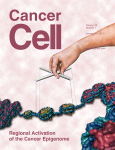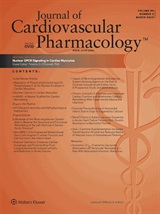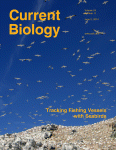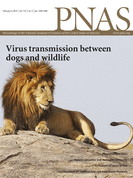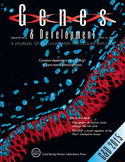 Ryousuke Fujita, a former Columbia University postdoc who admitted to having faked the findings of a 2011 Cell paper in a retraction notice last year, also faked the results of a 2013 Nature paper, according to a new report from the Office of Research Integrity (ORI).
Ryousuke Fujita, a former Columbia University postdoc who admitted to having faked the findings of a 2011 Cell paper in a retraction notice last year, also faked the results of a 2013 Nature paper, according to a new report from the Office of Research Integrity (ORI).
Fujita’s work, in conjunction with Asa Abeliovich, was widely hailed as a significant step forward, a way to turn skin cells into brain cells. But the story began falling apart when the Cell retraction said that he “acknowledged inappropriately manipulating image panels and data points, as well as misrepresenting the number of repeats performed.”
The ORI’s findings in the case also involve a 2013 Nature paper, “Integrative genomics identifies APOE ε4 effectors in Alzheimer’s disease,” and a paper never published. Fujita, according to the ORI: Continue reading Former Columbia postdoc faked Alzheimer’s research in Cell and Nature


